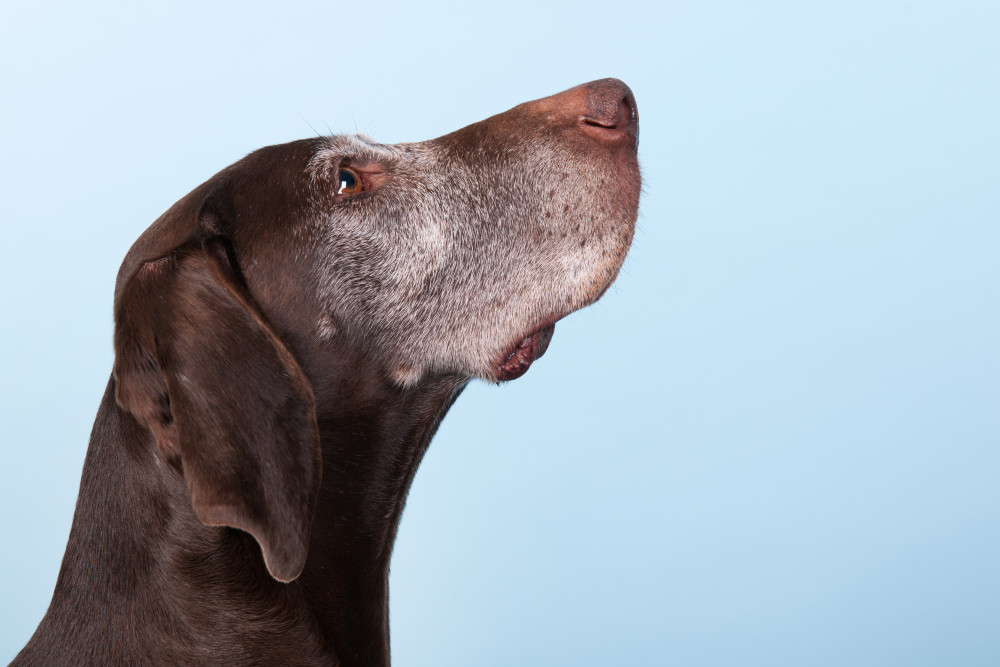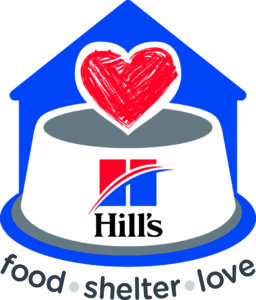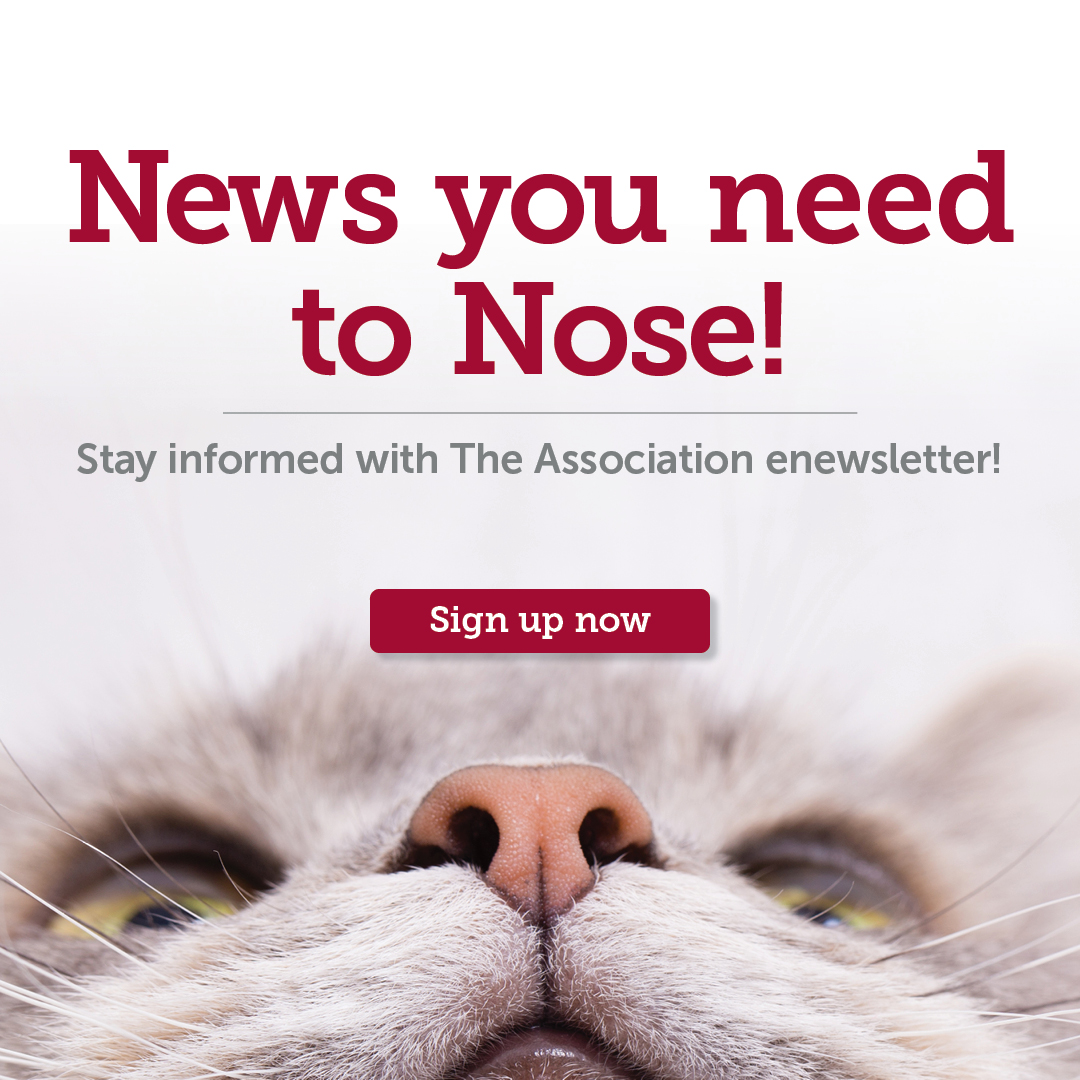News, ideas & inspiration from industry leaders

Keeping Up with COVID-19, 3/25: Update of Federal Actions Impacting Animals
Thank you to Nancy Perry and Michele McMahon of The ASPCA’s Government Relations team for compiling this list of federal actions impacting animals, as well as links to other helpful resources.
- March 13: White House proclamation declaring a national emergency concerning the COVID-19 outbreak
- March 16: White House guidelines on Coronavirus guidelines (.pdf): https://www.whitehouse.gov/wp-content/uploads/2020/03/03.16.20_coronavirus-guidance_8.5x11_315PM.pdf
- White House memorandum to the heads of departments and agencies on adjusting their operations to slow the spread of COVID-19 (.pdf): https://www.whitehouse.gov/wp-content/uploads/2020/03/M-20-16.pdf
Federal Agency Statements & Actions
- USDA’s Coronavirus Website
Advice from USDA on interacting with pets:
Q: Should I avoid contact with pets or other animals if I am sick from coronavirus (COVID-19)?
A: You should restrict contact with pets and other animals while you are sick with COVID-19, just like you would around other people. Although there have not been reports of pets or other animals becoming sick with COVID-19, it is still recommended that people sick with COVID-19 limit contact with animals until more information is known about the virus. When possible, have another member of your household care for your animals while you are sick. If you are sick with COVID-19, avoid contact with your pet, including petting, snuggling, being kissed or licked, and sharing food. If you must care for your pet or be around animals while you are sick, wash your hands before and after you interact with pets and wear a facemask.
Q: Should I be concerned about pets or other animals and coronavirus (COVID-19)?
A: You should restrict contact with pets and other animals while you are sick with COVID-19, just like you would around other people. Although there have not been reports of pets or other animals becoming sick with COVID-19, it is still recommended that people sick with COVID-19 limit contact with animals until more information is known about the virus. When possible, have another member of your household care for your animals while you are sick. If you are sick with COVID-19, avoid contact with your pet, including petting, snuggling, being kissed or licked, and sharing food. If you must care for your pet or be around animals while you are sick, wash your hands before and after you interact with pets and wear a facemask.
Info on Animal Welfare Act inspections:
Q: Is APHIS still conducting Animal Welfare Act inspections?
A: APHIS is continuing to conduct regular inspections where local area and individual premises conditions allow our inspectors to maintain social distancing norms. APHIS will always place the highest priority on investigating reports of extreme Animal Welfare Act violations that could lead to the confiscation of animals. However, if a State or locality has issued a shelter-in-place order like San Francisco, inspectors will honor that order and not conduct inspections in that area at this time.
Info on livestock inspections at the border:
Q: Will APHIS continue to conduct inspections of livestock at the border?
A: APHIS understands the importance of facilitating trade and continues to have staff at the border to inspect livestock. Personnel at these facilities will take care to utilize all recommended social distancing precautions to ensure their health and safety while carrying out these functions.
- FEMA Press Release on eligible emergency measures during COVID-19 pandemic
Includes household pet sheltering services: “Household pet sheltering and containment actions related to household pets in accordance with CDC guidelines.”
Legislative Actions
- The first coronavirus response law enacted on March 6, 2020, (Coronavirus Preparedness and Response Supplemental Appropriations Act, 2020) provided $8 billion for health and international programs and made $7 billion in small business loans available.
- A second package (Families First Coronavirus Response Act) enacted on March 18, 2020 and provides paid leave, tax credits, expanded unemployment and nutrition assistance, and free testing.
Helpful Links
Federal Government Resources
Centers for Disease Control on Coronavirus https://www.cdc.gov/coronavirus
Department of Homeland Security Coronavirus news & updates
U.S. Department of Agriculture information on coronavirus
State and Local Resources
Multistate COVID-19 Policy Tracker (comprehensive Google doc with links to orders for state & localities)
National Conference of State Legislatures (NCSL) State Legislative Actions Page
National Governors Association state-by-state list of actions taken
National Association of Counties coronavirus information


